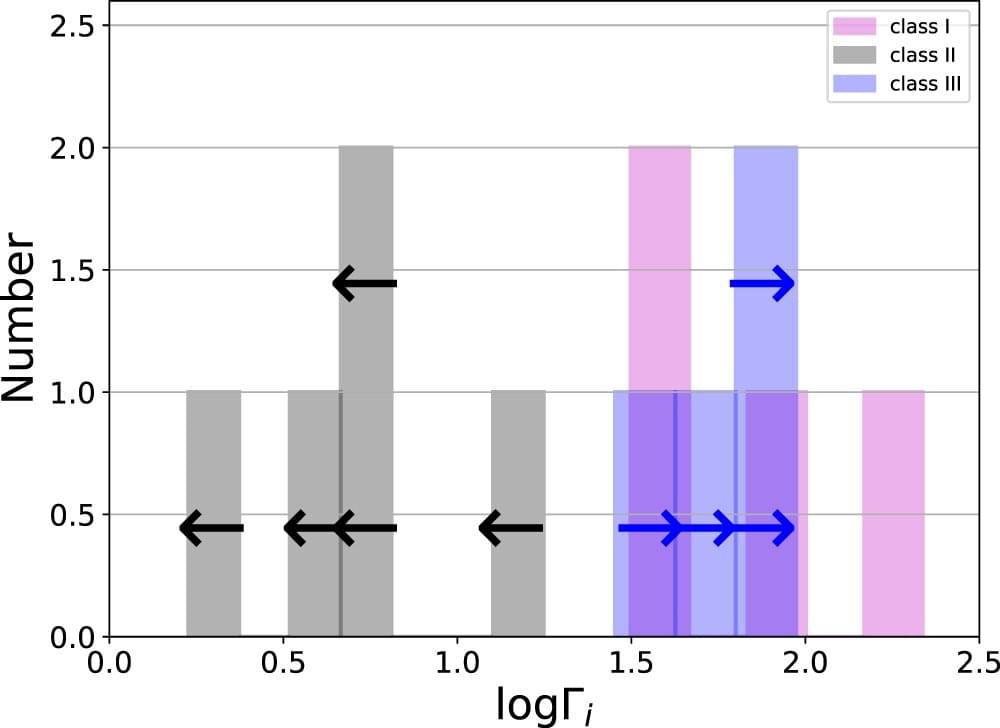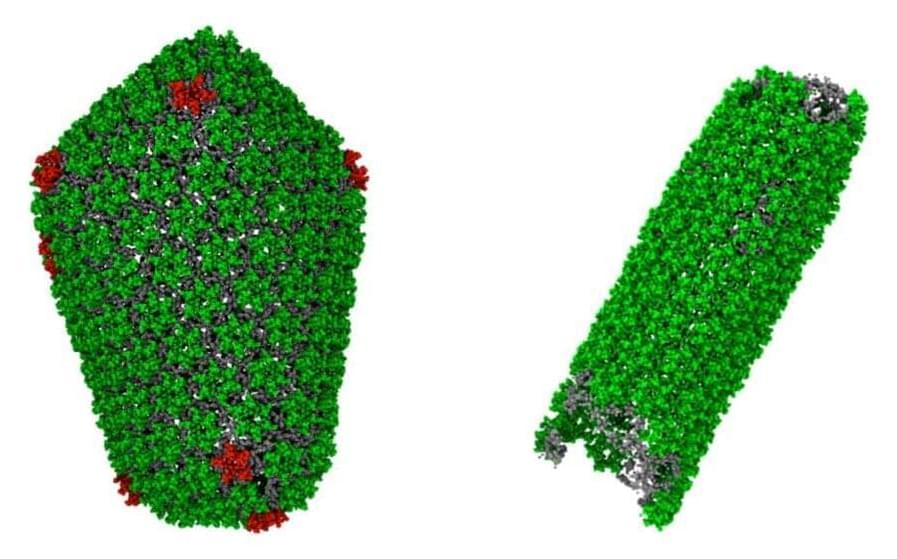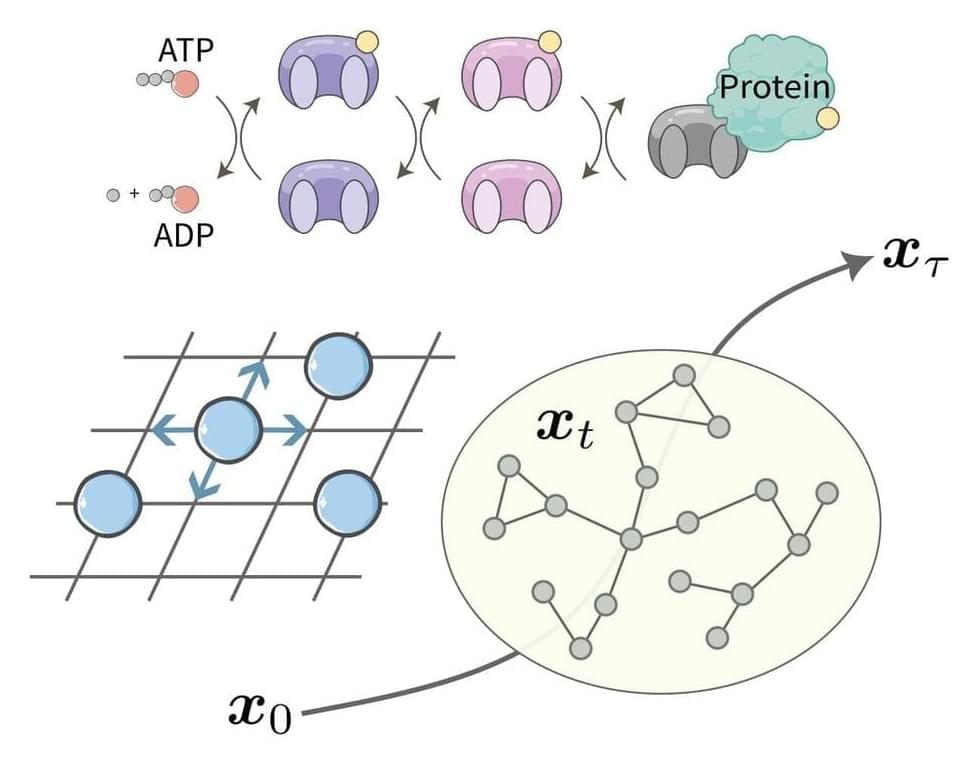
Matter outflows in the form of jets are observed in astronomical systems at fast, medium and slow speeds. The fastest jets are highly relativistic, and travel very close to the speed of light. The origin, as well as many properties of the jets, is uncertain. Jet velocities seem to have a bi-modal distribution—some very fast and others slow, with a gap in velocities in between, which has long challenged experts. Bar-Ilan University researchers re-examined the data and have now seemingly solved the puzzle.
In many different galactic and extragalactic systems, emission of matter is commonly observed in the form of jets. The speed at which this occurs greatly varies. Alongside relatively slow jets associated with neutron stars or binary star systems, very fast, relativistic jets are seen at speeds very close to the speed of light. The fastest known jets are associated with a phenomenon known as gamma-ray bursts.
This phenomenon is characterized by an initial flash of gamma rays lasting for a few seconds, in which a strong emission of gamma radiation is visible. It is then followed by an afterglow lasting a much longer period of hours, days and even months. During this epoch, the emission subsequently fades and is observed as lower wavelengths, X-rays, ultraviolet, optical, infrared, and radio frequencies very late in the process.


















